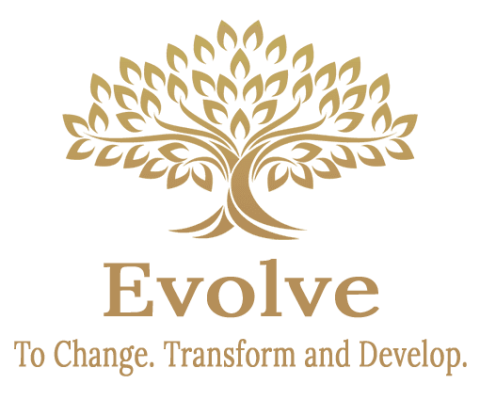
Every one of us has, at some point, been told to “take a deep breath.” While it’s not always what we want to hear, it can actually help. This is because breathing exercises have been proven to lower stress and increase relaxation. They also have positive effects on the brain, establishing new, healthier habits.
In this blog, we look at what people mean when they tell us to take a deep breath, why breathing exercises help and how you can incorporate them into daily life.
Why do people keep telling us to breathe?!
The fact is, we breathe all day, every day. Breathing is an autonomic function, meaning that the body does it even when we’re not awake to tell it to. That’s why we don’t really notice that we’re doing it. That’s also why it can be quite frustrating when someone else responds to our anxiety with, “take a deep breath.” Do they really think we’re going to stop breathing?!
However, there are plenty of scientific reasons why breathing exercises can be helpful during times of stress.
What effect do breathing exercises have on the body?
Our bodies have two nervous systems: the sympathetic nervous system and the parasympathetic nervous system. The sympathetic nervous system is what stimulates our fight-flight-freeze response – in other words, it’s the one that kicks in when we need to act. But living in fight-flight-freeze mode all the time is exhausting and leaves us feeling constantly stressed.
That’s where the parasympathetic nervous system comes in. The parasympathetic nervous system stimulates the rest-and-digest response, which we all need to help us recover after any kind of stress.
Slowing our breathing down tells our body that we are in rest-and-digest mode. This makes the other functions of our body calm down too. The brain has received a signal that it doesn’t need to panic right now, freeing up the body’s oxygen to support digestion and healing.
This is why breathing exercises can help us feel calmer.
Nasal breathing
Our nose is the primary external breathing organ, and it is perfectly evolved to adjust the air that enters our bodies so they can use it as efficiently as possible. The nose adjusts the temperature of the air – when air enters the body at the right temperature, it is much easier for the body to take the oxygen it needs. And because the body is receiving the right amount of oxygen, there is enough for the brain to solve problems at the same time as the body fulfils all its other functions.
For this reason, we should breathe through our noses as much as possible, particularly during times of stress. Breathing through our noses helps us take in oxygen in the most efficient way, helping us to cope better when we’re up against it.
Nasal breathing is also slower than mouth breathing. A slow inhalation usually means a slow exhalation too…and just like that, we’ve slowed down our breathing, telling our bodies we’re in a calm state and able to deal with anything life throws at us.
The effect of breathing exercises on the brain
Scientists have discovered that regularly practicing breathing exercises have a positive effect on the brain. Studies have revealed that tuning into the sound and sensation of the breath increases grey matter density in the areas of the brain that support cognitive flexibility (coping with a change of plan) and emotional regulation. Other studies have found that breathing exercises downregulate the area of the brain responsible for fear.
What these amazing results show is that we have the power to manage our own emotional responses. Through breath awareness, we can heal ourselves and strengthen certain areas of our brain so we’re ready for future challenges.
How do breathing exercises complement other therapies?
Whatever support you receive for your mental health, breathing exercises will help you get more out of it. If breathing exercises mean you arrive for your appointment more relaxed, you may be able to get more out of the session. You might find you need less time at the start of the session to bridge the gap between the outside world and the therapy room, creating more time to address deeper issues. Knowing you have breathing exercises in your toolkit can also make you feel more confident and self-sufficient – if something goes wrong, you have the power to cope with it.
What breathing exercises should I try?
Even the most simple breathing exercises can be very effective. Try lying down and placing the hands on the abdomen, so you can feel it go up and down as you breathe through your nose. Focus your attention on that movement.
You can also try this exercise sitting up or standing, but with the hands on the chest. Link your thumbs like you’re making a shadow bird, then place both hands on the chest. Focus your attention on the rise and fall of your chest as you breathe through your nose.
You might find it difficult to keep the mind from wandering, but even if you just stay focused for a single inhalation and exhalation, you will gain some benefit. Try and build up until you can focus on ten slow breaths without other thoughts taking over.
Therapy centre in Leeds
If you’re already trying breathing exercises but you think you might need a bit more help, Evolve are here for you. Meet our therapists here and explore our site to find out more about what we offer. Evolve Therapy Centre, explore our site or get in touch – we’d love to hear from you.
